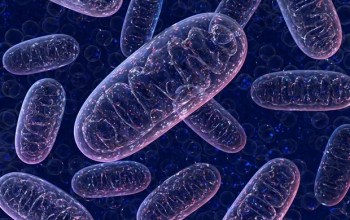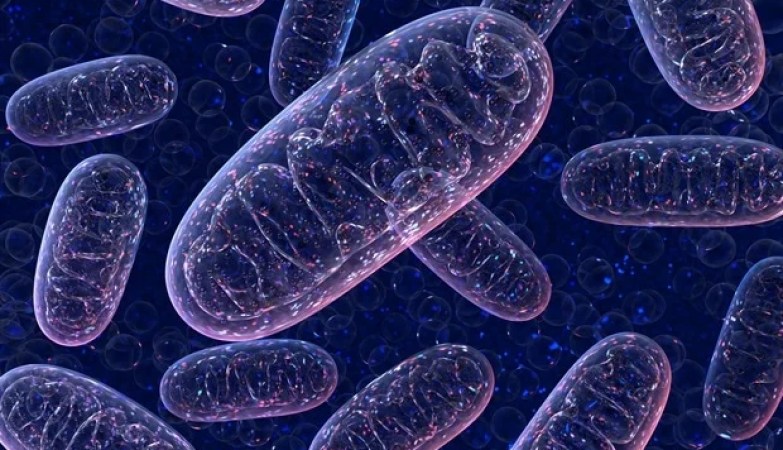Axial CT image with i.v. contrast. Macrocystic adenocarcinoma of the pancreatic head. Credit: public domain
The relationship the immune system and stromal cells in pancreatic cancer can have a significant impact on patients’ survival rates, according to findings of a Queen Mary-led study.
Pancreatic ductal adenocarcinoma (PDAC) is the most common form of pancreatic cancer. It is highly aggressive due to its late presentation and poor response to therapy, with five-year survival rates remaining around 10%. PDAC is set to become the second leading cause of cancer-related deaths in the US by 2040, and therefore finding improved treatments for this disease is becoming increasingly critical.
A study carried out by Rachel Fincham, a doctoral student under the guidance of Hemant Kocher, Professor of Liver and Pancreas Surgery at Queen Mary University of London and Barts Health NHS Trust, has found that treatment targeting the non-tumor, stromal cells in pancreatic cancer with an aim of reverting them to a resting state can improve patient outcome.
The study, published in the journal Cancer Communicationsinvestigated the potential interactions between these stromal cells (also known as pancreatic stellate cells or cancer associated fibroblasts) and a specific type of immune cell called natural killer (NK) cells.
Results from cell line experiments, mouse models, and samples from patient tissues, performed in London and Singapore (under the guidance of Dr. Joe Yeong) showed that exposing NK cells to resting stromal cells significantly decreased their capacity to attack pancreatic cancer cells.
The study also demonstrated significant bi-directional interaction between NK and stromal cells and found that co-culturing these cell types significantly, and reciprocally, modulated their phenotype and altered their biological pathways.
In mouse models, the study also found that standard therapeutic regimes caused striking differences in the spatial distribution of NK cells. Importantly, assessment of patient samples showed that having greater distance between NK cells and the cancer’s stromal cells was associated with people who had survived this type of cancer for longer.
Professor Kocher said, “Our work provides novel insights into the relationship between the immune system and stromal cells in pancreatic cancer. Our exciting findings highlight the prognostic implications of natural killer-stromal cell proximity in pancreatic cancer, and we suggest its potential use as a tool for patient stratification for diagnosis, prognosis and treatment.”
More information:
Rachel Elizabeth Ann Fincham et al, The interplay between natural killer cells and pancreatic stellate cells in pancreatic ductal adenocarcinoma, Cancer Communications (2024). DOI: 10.1002/cac2.12638
Citation:
Non-tumor cells in pancreatic cancer may reduce the effectiveness of the body’s natural immune response (2024, December 12)
retrieved 12 December 2024
from
This document is subject to copyright. Apart from any fair dealing for the purpose of private study or research, no
part may be reproduced without the written permission. The content is provided for information purposes only.








